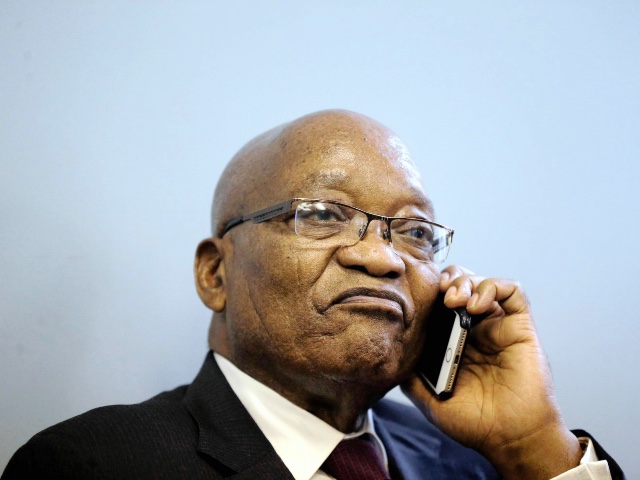SOUTH Africa experienced its first populist moment in 2006 when Jacob Zuma went on trial for rape. The revolting scenes outside the court were a harbinger of things to come and the price we paid for that moment was huge.
Zuma’s kleptocratic presidency left massive destruction of institutions in its wake and began a collapse in some services. It also resulted in the Marikana massacre and regular assassination of grassroots activists.
The Zuma moment unleashed in South Africa the demon of ethnic politics that has done so much damage in countries such as Kenya and, especially in Durban, resulted in the outright gangsterisation of politics.
We experienced a second populist moment with the surge in support for Zuma and Gayton McKenzie in the recent elections, both authoritarian, and indeed demagogic, populists and both, in academic jargon, ethnic entrepreneurs.
We should not be surprised by this. The US is experiencing its second populist moment as Donald Trump aims to return to the presidency and right-wing populism is on the march across much of Europe.
Millions voted for Trump in the US and Jair Bolsonaro in Brazil and we should not be surprised that a sizable chunk of our own electorate has voted for the three parties of corrupt authoritarian populism here, namely Zuma’s uMkhonto weSizwe (MK), the Economic Freedom Fighters (EFF) and the Patriotic Alliance (PA).
But given the extremity of our social crisis and the crassness of our political elites who flaunt their wealth and their open corruption it could be argued that, if there is any surprise in the recent election, it is that there was not a wholesale swing towards authoritarian populism.
As bad as things are, we are not in the situation the US or Brazil were in when figures as grotesque as Trump and Bolsonaro came to power. Another striking feature of this election is that white capital invested huge resources in black-led, liberal projects, including Change Starts Now, Rise Mzansi, Build One South Africa, ActionSA and the independent candidacy of Marxistturned-NGO-leader Zackie Achmat.
All these projects failed — and failed badly. It is clear that astroturfing blackled liberal parties will not fly with the South African electorate, no matter how many millions of rand are invested in these projects and no matter how slick their marketing campaigns.
The Democratic Alliance (DA) has held on to its support base but has not, despite the severe failures of the ANC government in terms of corruption, service delivery, managing institutions and keeping people safe, been able to grow that base. Liberalism has clear electoral limits in South Africa.
It is clear that no party that does not have some sense of being committed to national liberation, whether in terms of a genuine commitment or cynical spin, will ever take full power from the ANC.
It has, in fact, been the ANC that, despite its collapse in support, has held the line against the authoritarian populists, some of whom are ethnic entrepreneurs and one of whom, Zuma, is an outright kleptocrat.
In some ways the EFF is the best of the three authoritarian populist outfits as it does not have an ethnic base and does not have the same extreme social conservatism as the MK Party and the PA, both of which also take extreme xenophobic positions.
But these are all authoritarian parties led by authoritarian personalities and our democracy would not survive governance by them and their leaders. MK is the most antidemocratic of the three and would, if it could, put an end to the democratic experiment that we embarked on 30 years ago.
